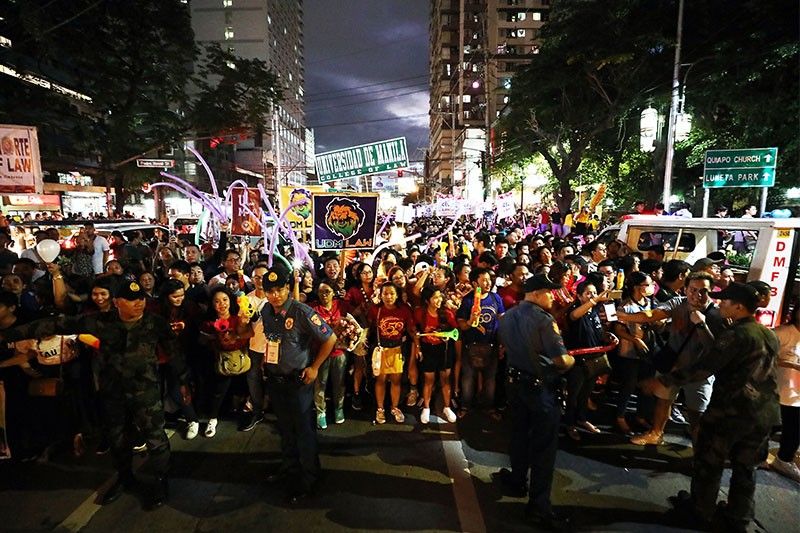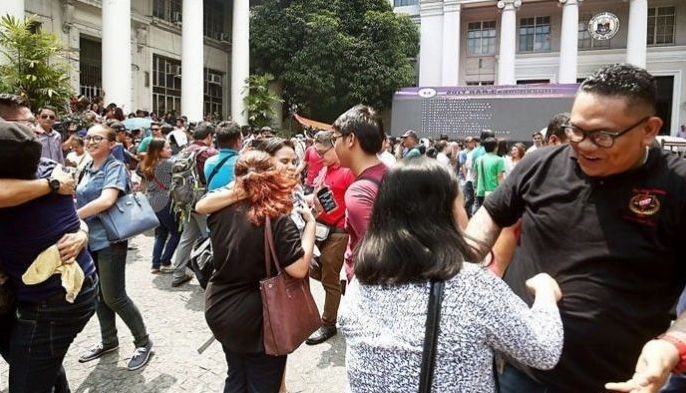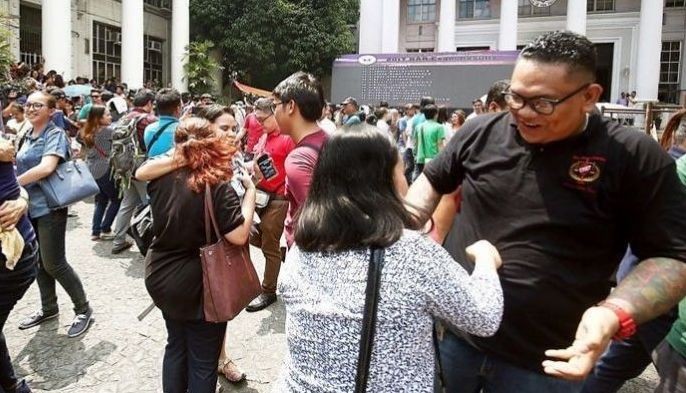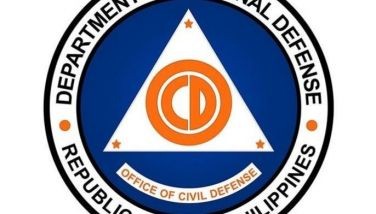Citing academic freedom, Supreme Court declares PhiLSAT unconstitutional

MANILA, Philippines — The Supreme Court declared the memorandum order of the Legal Education Board (LEB) requiring aspiring law students to take the Philippine
Last March, the SC issued a temporary restraining order against the LEB memo following petitions filed by a retired judge and a group of law students questioning its constitutionality.
In its decision released Tuesday, the high court upheld the jurisdiction of the LEB over legal education.
Citing RA 7662, or the Legal Education Reform Act of 1993, the court said the LEB has the power to set the standards of accreditation for law schools and to prescribe the minimum requirements for admission to law schools.
The SC, however, ruled that the requirement for students applying to law school to pass the
Order violates academic freedom
The high court declared unconstitutional the LEB memo of "excluding, restricting and qualifying admissions to law schools in violation of the institutional academic freedom on who to admit."
The ruling also
The requirement for law students to undergo legal apprenticeship and legal internship programs was also declared unconstitutional as it violates institutional academic freedom on what to teach.
"When the PhiLSAT is used to exclude,
While the SC acknowledged the need for reforms for a more responsive legal education in the country, it said the
"The flaws which the Court assessed to be unconstitutional
- Latest
- Trending





























